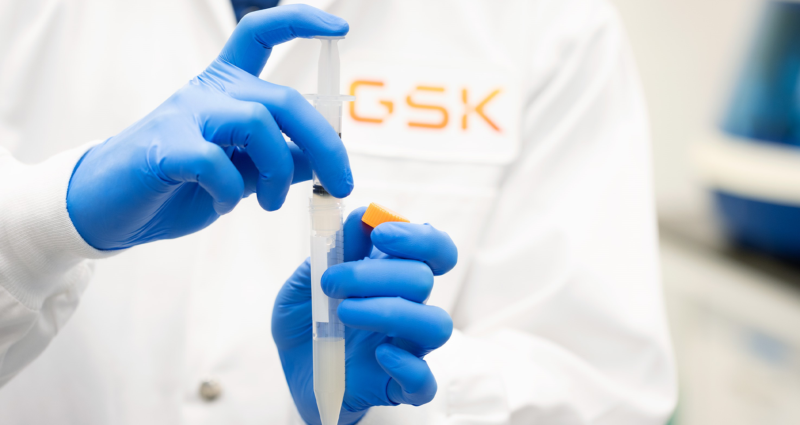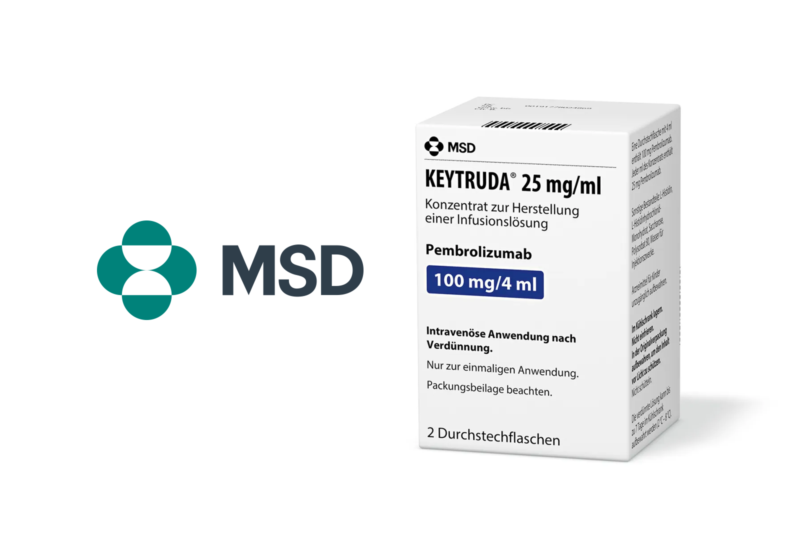
Wednesday, July 9, 2025
Roundup™ Litigation: Bayer Sees Promising Progress as U.S. Supreme Court Requests Solicitor General’s Input
Bayer has reached a critical point in its ongoing legal battle over glyphosate in the United States. On June 30, 2025, the U.S. Supreme Court announced that it will first request an opinion from the Solicitor General in the Durnell case before deciding whether to hear the case. Bayer regards this as a positive and encouraging development, as it could help resolve a central legal question: Does federal law override state-level product labeling requirements?
The Durnell case is part of the broader Roundup™ litigation, involving claims from U.S. individuals alleging that glyphosate causes cancer. However, scientific research and assessments by global regulatory authorities—including the U.S. Environmental Protection Agency (EPA), the EFSA, the ECHA, and health agencies in Germany, Australia, Canada, and Japan—have consistently confirmed the safety of glyphosate when used correctly.
The EPA has explicitly ruled that no cancer warning label is necessary, as glyphosate is not considered carcinogenic. Despite this, some U.S. states allow lawsuits based on a lack of such warnings. Bayer sees this as a clear conflict between federal and state law. The Supreme Court is expected to determine whether federal regulations should take precedence—a decision that could impact thousands of pending lawsuits.
Bayer has already implemented several key actions: Over 114,000 out of approximately 181,000 filed cases have been resolved through settlements or dismissed for procedural reasons. The company has won the majority of trials to date and remains confident in its legal strategy. Since 2023, Bayer has removed glyphosate from Roundup™ sold to U.S. consumers, purely to reduce litigation risk—not due to safety concerns. Glyphosate remains available to professional and agricultural users in the U.S. and globally.
Scientifically, Bayer remains firm in its position: Glyphosate is not carcinogenic. This stance was most recently reaffirmed in July 2024, when an Australian federal court concluded—after extensive expert review—that no link exists between glyphosate and non-Hodgkin lymphoma (NHL).
Bayer is also investing heavily in innovation. The company spends over $2 billion annually on research and development to create new, sustainable weed control solutions. This includes the recent discovery of a groundbreaking herbicide molecule—the first of its kind in more than 30 years.
Bayer sees itself as a reliable partner for global agriculture. Legal clarity in product labeling is not just vital for the company, but also for farmers and food security worldwide. As Bayer’s CEO Bill Anderson said, “Food availability and affordability depend on the ability of companies and farmers to rely on the decisions of responsible regulatory authorities.”







